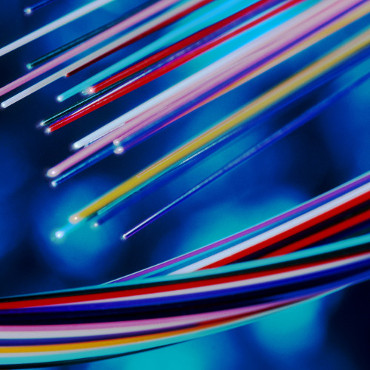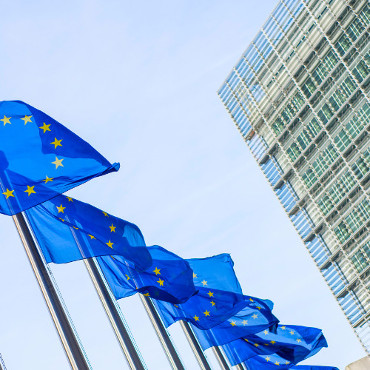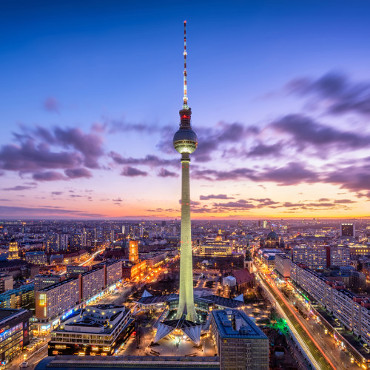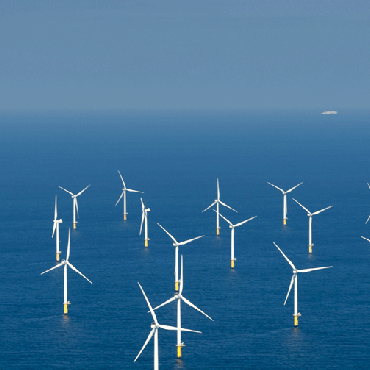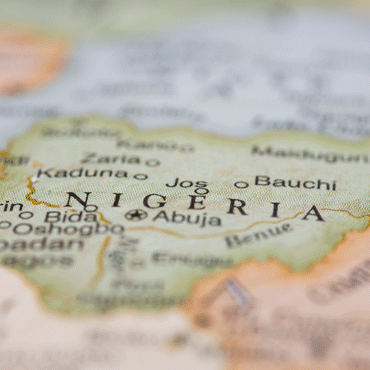Fibre and peripherals to see vast gains and global demand
A new Exactitude consultancy report predicts that the fibre optic cable market could hit US$ 30.05 bn by 2029, registering an 14% CAGR from 2022 to 2029. The introduction of 5G will be an important fibre cable business driver. A recent Dell’Oro Group report projects global cumulative Service Provider (SP) Router and Switch market revenues approaching $76 billion by 2026, representing a 2% CAGR for the forecast period. 400 Gbps routing technologies which allow Telecom and Cloud Service Providers to expand networks and increase revenues are expected to drive market growth.






